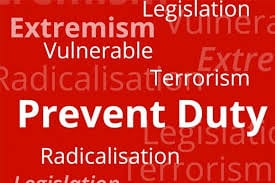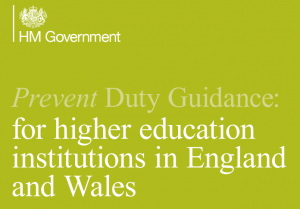By Prof Steven Greer, Professor of Human Rights (University of Bristol Law School)
 Two central questions are raised by the horrific knife attack by Usman Khan upon some of those attending a criminal rehabilitation workshop at Fishmonger’s Hall, London Bridge on 29 November: how, if at all, could it have been prevented? And how, if at all, could other similar incidents be averted? While there are, regrettably, no entirely reassuring answers to either question, there are, nevertheless, ones we must be content to live with.
Two central questions are raised by the horrific knife attack by Usman Khan upon some of those attending a criminal rehabilitation workshop at Fishmonger’s Hall, London Bridge on 29 November: how, if at all, could it have been prevented? And how, if at all, could other similar incidents be averted? While there are, regrettably, no entirely reassuring answers to either question, there are, nevertheless, ones we must be content to live with.
Khan, from Stoke-on-Trent, joined the jihadist movement al-Muhajiroun in 2006 at the age of 15 and was arrested for terrorism in 2010. Two years later he was convicted with several others, of involvement in planning to establish terrorist training camps in Pakistan, and conspiracies to attack several London targets, including the Stock Exchange, the US Embassy, and the home of the then Mayor, Boris Johnson. He was sentenced to an indeterminate term of imprisonment with a recommendation that he spend at least eight years behind bars. This was, however, altered on appeal to a fixed term of 18 years with the standard entitlement to automatic release after half the sentence had been served. Khan is said to have been a model prisoner. By contrast with the majority of his terrorist peers, he willingly cooperated with the available opportunities for deradicalization and rehabilitation. But it is not entirely clear what precisely these involved. It has also been reported that he applied to join a more intensive programme but was unsuccessful. The reasons have not yet been fully disclosed. But it is said that there is a long waiting list. (more…)






